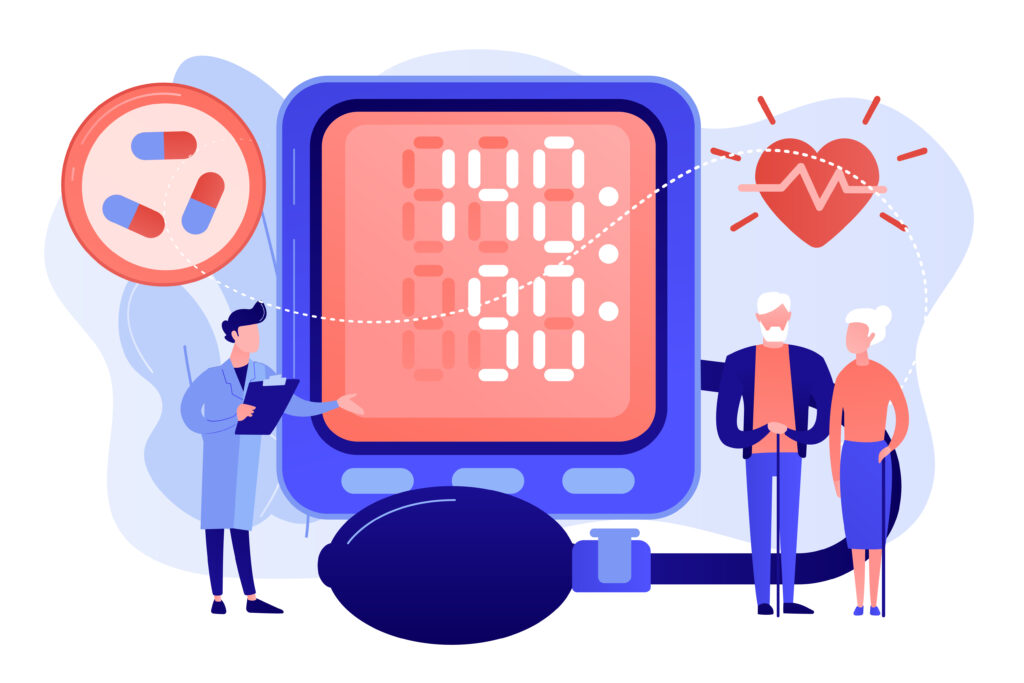Recognizing Symptoms of High Blood Sugar and When to Seek Hospital Care

High blood sugar, or hyperglycemia, occurs when there is too much glucose in the bloodstream. While it is most commonly associated with diabetes, it can also be triggered by stress, certain medications, or underlying medical conditions. Left untreated, high blood sugar can lead to serious complications, including diabetic ketoacidosis (DKA), hyperosmolar hyperglycemic state (HHS), and long-term organ damage. Recognizing the early signs and knowing when to seek medical attention is crucial for effective management and recovery.
Common Symptoms of High Blood Sugar
The symptoms of high blood sugar can vary depending on its severity and how quickly it develops. Here are some common signs to watch for:
1. Excessive Thirst (Polydipsia)
Your body tries to flush out excess sugar through urine, leading to dehydration. This often results in an unquenchable thirst.
2. Frequent Urination (Polyuria)
When blood glucose levels are high, the kidneys work harder to filter and absorb the excess sugar, causing increased urination.
3. Extreme Hunger (Polyphagia)
Despite high sugar levels, your cells aren’t getting enough energy, making you feel hungry even after eating.
4. Fatigue and Weakness
Without enough glucose entering the cells, the body lacks energy, leading to constant tiredness and weakness.
5. Blurred Vision
High glucose levels can cause swelling in the eye lenses, making it harder to focus.
6. Slow Healing of Wounds
Excess sugar in the blood impairs circulation and damages nerves, slowing the healing process.
7. Unexplained Weight Loss
When the body can’t use glucose properly, it starts breaking down fat and muscle for energy.
8. Nausea, Vomiting, and Abdominal Pain
These symptoms could indicate the onset of diabetic ketoacidosis (DKA), which is a medical emergency.
When High Blood Sugar Becomes Dangerous
Mild high blood sugar can often be managed with lifestyle changes, medication adjustments, and regular monitoring. However, there are times when urgent hospital care is necessary.
Seek immediate medical attention if you experience:
- Persistent vomiting
- Severe dehydration
- Confusion or difficulty concentrating
- Shortness of breath
- Fruity-smelling breath (sign of ketoacidosis)
- Loss of consciousness
These symptoms could indicate DKA or HHS, both of which require immediate high blood sugar treatment in hospital to prevent life-threatening complications.
High Blood Sugar Treatment in Hospital
If your condition worsens or home management isn’t working, doctors may recommend hospital admission. Hospital treatment for high blood sugar typically includes:
1. Intravenous (IV) Fluids
To rehydrate the body and restore normal fluid balance.
2. Insulin Therapy
Administered via injection or IV to bring blood glucose back to a safe range.
3. Electrolyte Replacement
High blood sugar can cause imbalances in potassium, sodium, and chloride levels, which doctors correct with supplements.
4. Monitoring and Support
Your vitals, urine output, and blood chemistry will be closely monitored to ensure safe recovery.
5. Identifying Underlying Causes
Doctors will check for infections, medication side effects, or other health issues that could be contributing to the rise in blood sugar.
Preventing High Blood Sugar
While emergencies require hospital care, you can reduce your risk of severe hyperglycemia with proper management:
- Monitor your blood sugar regularly as advised by your doctor.
- Follow your prescribed medication or insulin schedule without skipping doses.
- Adopt a balanced diet rich in fiber, lean proteins, and whole grains while avoiding excessive sugar and refined carbs.
- Stay physically active with regular exercise suited to your health condition.
- Manage stress through relaxation techniques like meditation or yoga.
- Stay hydrated by drinking enough water throughout the day.
Conclusion
High blood sugar is not something to ignore. Recognizing the symptoms early and knowing when to seek urgent care can prevent serious complications. If you experience severe symptoms such as vomiting, dehydration, confusion, or breathing difficulty, seek high blood sugar treatment in hospital without delay. Timely medical attention can make the difference between a quick recovery and a life-threatening crisis.

